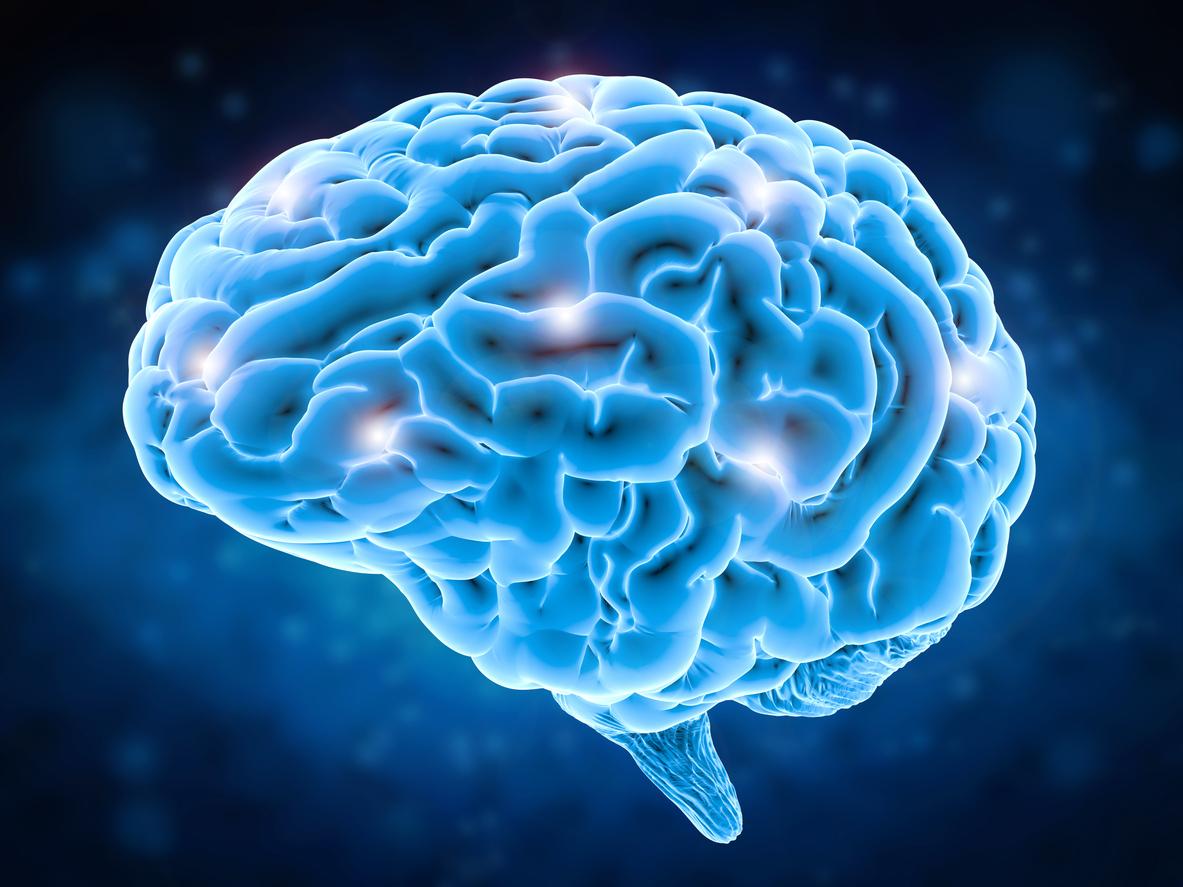American researchers have just shown that the neurological circuits of depression vary depending on whether one is a woman or a man.

Affecting 15 to 20% of French people during their lifetime (nearly 9 million people), depression is one of the most common mental illnesses, characterized by sadness, loss of interest or pleasure, feelings of guilt or low self-esteem, trouble sleeping or eating, feeling tired and not concentrating.
Often beginning at a young age, depression affects twice as many women as men, but until now no scientific study has discovered the neurological mechanism that regulates this behavior, or whether there are specific molecular differences between the women and men.
This is now done with new work from Michigan State University (MSU). In a study published in the journal Biological Psychiatry, they explain having discovered in the brain of the mouse a “switch” which is activated in the event of stress and which is controlled by testosterone. “What these results highlight is not only the identification of this new circuit, but also the observation and confirmation of the behavioral differences between men and women that result from it,” explains AJ Robison, physiologist of MSU and lead author of the study.
The key role of testosterone
To uncover this new gender-differentiated mechanism, the researchers focused on the activity between neurons in the ventral hippocampus, which become active under stress and emotion, and the activity of neurons in the hippocampus. nucleus accumbens, actors of reward and motivation.
They then found that the activity of the male brain during stress was significantly lower than that of the female brain. To overcome this lack, they injected male mice with testosterone, which has already been shown to be effective in treating male depression. They then noticed that when they stopped the testosterone injections, the male mice started to develop depressive behavior again.
Conversely, the activity of neural circuits is increased in the brain of female mice in the event of stress. When they injected testosterone, neuronal activity slowed and the female mice did not develop depressive behavior.
New therapeutic avenues
“This is the first time we’ve found a circuit that drives this sexually different behavior,” says Professor Robinson. “Other scientists can now explore how this might translate to the identification of new therapeutic targets in humans.” Among the tracks studied, those of the development of “genetic medicine” tools for a more individualized approach to the treatment of depression.

.

















